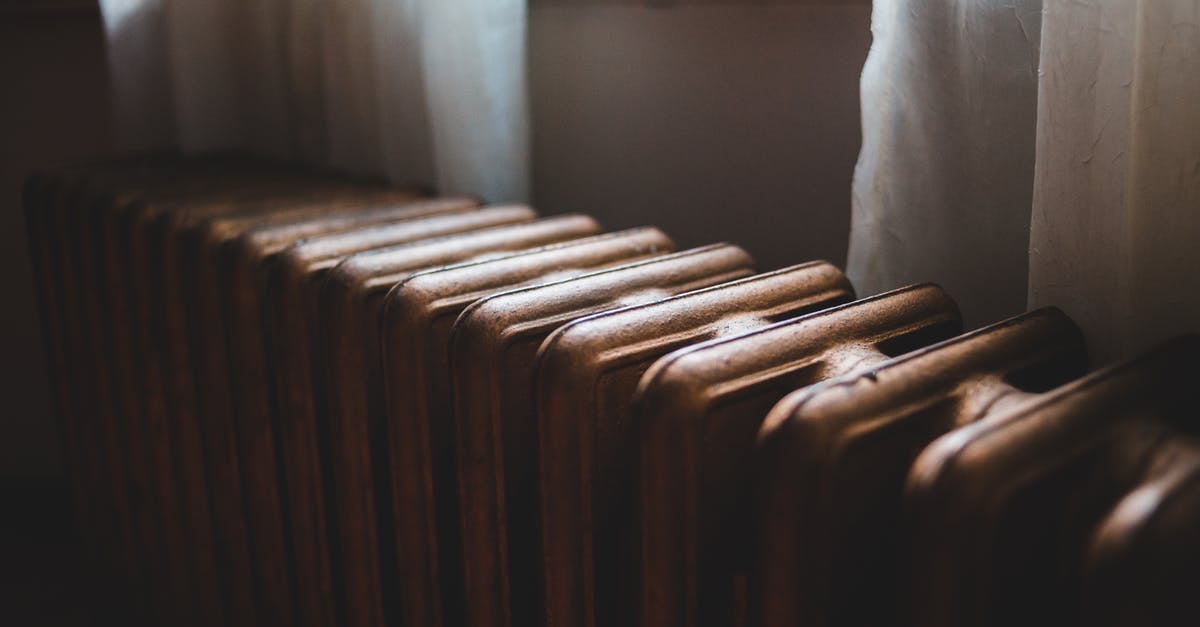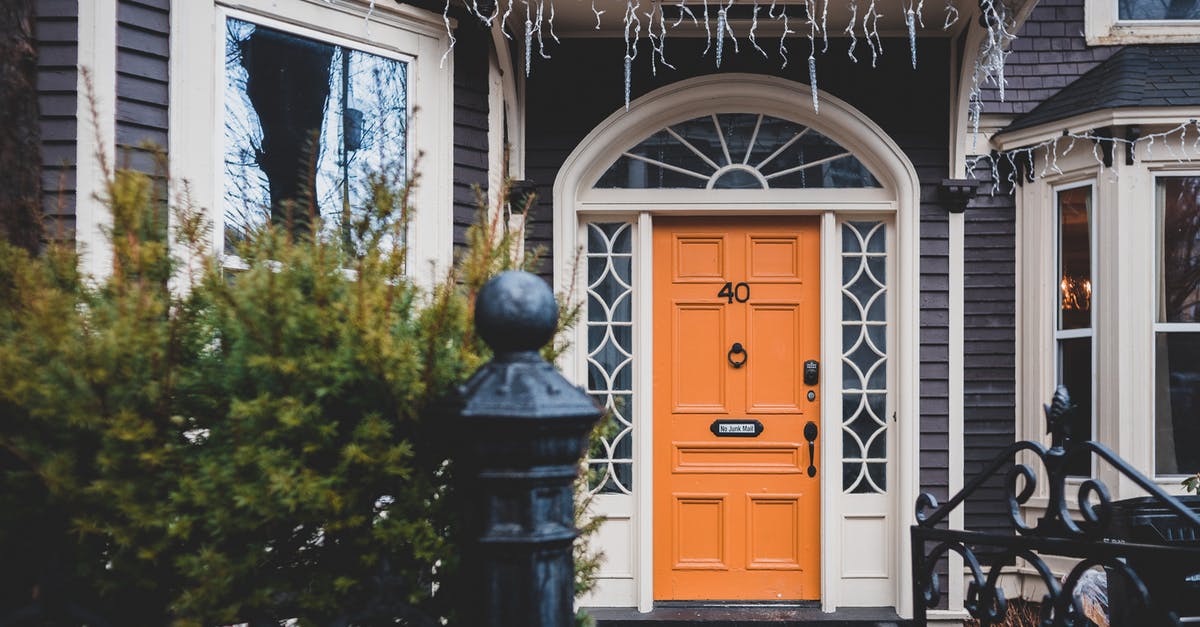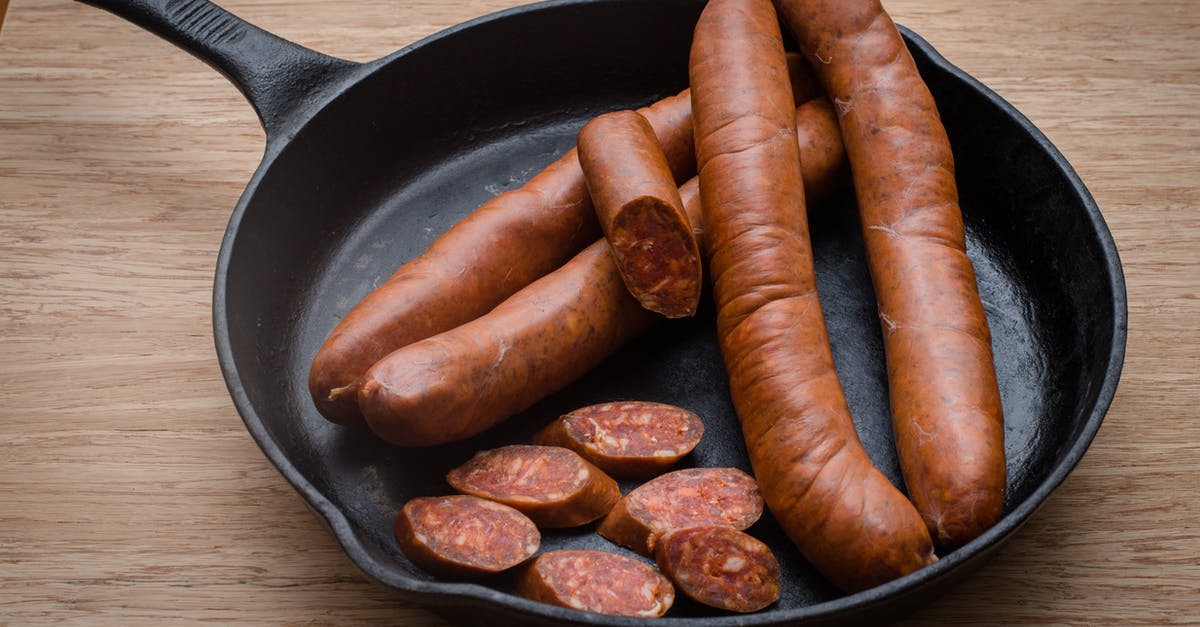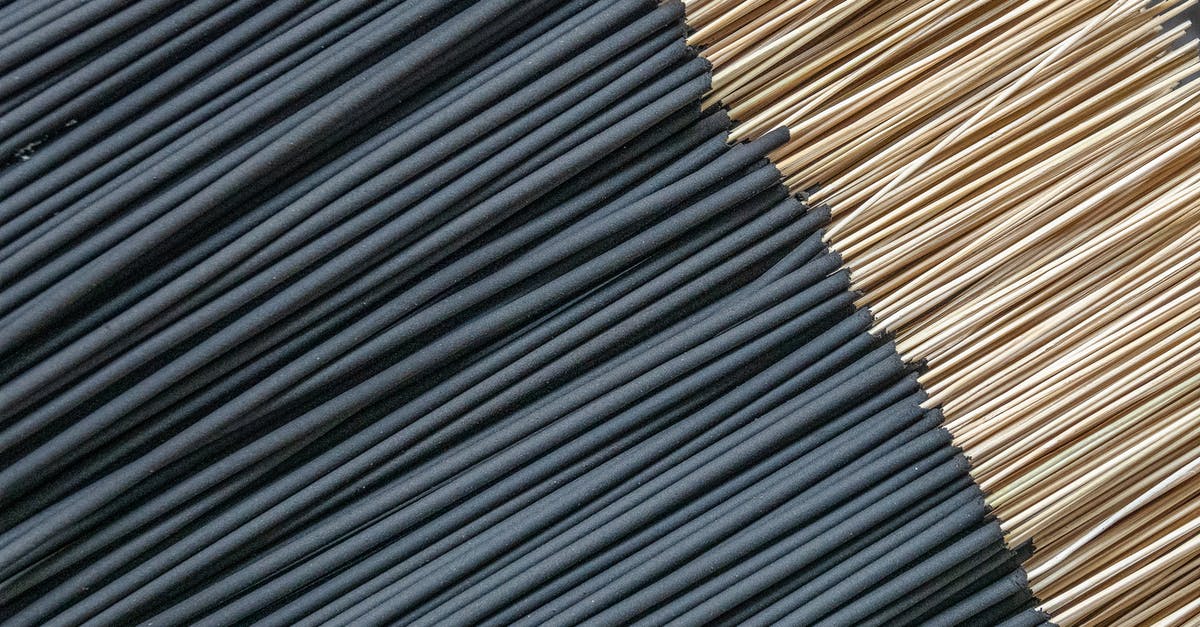Cast Aluminum Vs Cast iron Dutch Oven

I have seen a lot of meat roasting recipes that require using Dutch ovens, most of the cooks doing the presentations have enameled cast iron Dutch ovens.
When I looked into what a Dutch oven is I noticed some internet sites are suggesting that there are cast aluminium Dutch Ovens as well, They are popular in the Caribbean and are sometimes called Dutch Pots.
I have seen the question: What to look for when choosing a dutch oven?, with an answer suggesting two material options. Plain (seasoned) cast iron or enameled cast iron. Cast aluminium was not mentioned at all. I would like someone to talk about cast aluminium Dutch pots a little because pots made from that material are much cheaper and easier for me to get. The only reason why I would not bother with cast aluminium is if it does a very poor job with meat roasting and caramelization of sugar.
Here are some of the things I already know or at least think I know:
The thermal capacity of the cast aluminium compared to that of cast iron will lead to a cast iron pot having superior temperature stability for the same thickness and size.
Cast aluminium is lighter than cast iron, volume constant hence lighter pot for same size.
Cast aluminium Dutch pots are durable and cheap and easier to care for
Cast aluminium will probably react with some food items while enameled cast iron will be safer in this regard
The melting point of cast aluminium is lower than that of cast iron
Have I left any key issues out?
What are the likely problems with my output if I choose the aluminium pot given the above points where aluminium does not do well and the fact that I need the pot mainly for meat roasting and sugar caramelization stove top?
Best Answer
The biggest practical differences are going to be:
Nothing sticks to a well-seasoned cast iron pan. Everything sticks to cast aluminum, even the brands that call themselves non-stick. (I know because I've tried a few of them.)
While it's true the cast iron can crack, rust or chip if not properly cared for, aluminum is reactive and scratches easily, and even if you get one of the newer anodized ones, you lose the benefits of that as soon as the surface starts to chip and peel (which it will). Cast iron will last much longer when properly maintained; I've seen some that are decades old and heard about some that are more than a century old.
Aluminum has better conductivity and will, in theory, provide more even heat than cast iron. However, every cast aluminum vessel I've ever used has had major problems with hot spots. Basically, both are poor choices in this respect, except in the oven, where hot spots are essentially a non-issue; if your oven is like mine and the element turns on and off to maintain temperature, you'll get much better results with a cast iron dutch oven because it will hold its temperature while the element is off.
Cast iron also works great with induction cooktops, aluminum doesn't work at all. [Cast] Aluminum really works best on standard metal cooktop stoves, although it's okay for glass as well. I say okay because most glass cooktops tend to have elements that go on and off, so depending on your particular stove, this might lead to uneven heat when using any kind of aluminum.
Cast iron is heat-resistant. You mention the melting point, but it's more complicated than that; make sure you check the specifications on whatever cast aluminum you're thinking of buying, because a lot of it isn't even oven-safe (and if it is, it's only safe up to 400° F or so). The term "dutch oven" can be quite a misnomer for those pieces as they can easily warp or crack at high temperatures. Spun aluminum is obviously much worse but cast aluminum is only marginally better.
On the plus side, cast aluminum is obviously much lighter than cast iron and requires less care. Enameled cast iron is also easy to care for but is obviously much more expensive than both regular cast iron and cast aluminum.
In your case, it would seem that your two primary requirements (caramelizing sugar and roasting meat) are at odds with each other. For roasting, you want a very steady, even heat. For caramelizing sugar you need precise control, you need to be able to reduce the heat very quickly when you hit the melting point. Cast iron would be absolutely terrible for caramelization, but is a far better choice for roasting.
Personally, I use a regular (non-enameled) seasoned cast iron pot as a dutch oven and just use a small light stainless steel saucepan when I need to do something like caramelize sugar. I'd suggest you do the same, unless you're really low on space and genuinely need one piece of cookware to do it all.
Honestly, the only thing that cast aluminum really has going for it is its price. The ease of maintenance is overshadowed by the fact that the pieces don't tend to last that long, and everything else it's good at is handled equally well or better by stainless steel with an aluminum or copper core. The few pieces of aluminum (or cast aluminum) cookware I still own tend to sit at the bottom shelf at the very back and gather dust, but YMMV.
Pictures about "Cast Aluminum Vs Cast iron Dutch Oven"



Which is better cast iron or aluminum Dutch oven?
Dutch ovens are traditionally made of cast iron, but in recent years, aluminum dutch ovens have become common....Cast Iron or Aluminum?ActivityCast IronAluminumHeatingHeats slowly and evenly. Retains heatSince it has less mass, it heats faster, but may have hot spots and loses heat faster5 more rowsWhich is better cast aluminum or cast iron?
Cast iron and cast aluminum look and feel the same, but cast aluminum is lighter and stronger. Due to the heavier mass of iron, it holds heat longer, but it takes a bit longer to get hot. Cast iron has a longer lifespan and is more expensive.Are cast aluminum dutch ovens safe?
It includes a reminder not to cook or store highly acidic foods in aluminum because they react with the metal and can discolor the cookware and give a slight metallic taste to the food. Based on what we know, the Dutch oven should be safe to use.Is cast iron safer than aluminum?
Cast Iron has a reputation of being a healthier option than aluminum. Some perceive as a benefit the fact that dietary iron leaches into food. However, people already consuming extra iron through multivitamin supplements or those with hemochromatosis may want to consider avoiding cast iron cooking.Outdoor Cooking | Dutch Oven | GSI Aluminum vs Cast Iron - Part 2: Pros/Cons
More answers regarding cast Aluminum Vs Cast iron Dutch Oven
Answer 2
When one talks about a cast Aluminium dutchie scratching and sticking then they are not familiar with their topic of discussion.
A cast iron pot either iron or aluminium has a rough texture and is not bought for its smooth aesthetic appearance.
Neither cast iron nor aluminium will be non-stick from the start. A non-stick coating on these utilitarian pots is silly. They need to be seasoned well over several uses before they become non-stick. Mine does not stick, unless I want it to! They are not frying pans.
There has been health concerns about cooing in aluminium pots but I have seen the arguments both ways. The lower thermal capacity can be an issue with the aluminium dutch oven. The only disadvantage of this is a greater variation of temperature from the bottom and the sides of the pot.
Aluminium Dutch ovens today have been used in West Indies (and throughout the developing ex colonial world) by generations of cooks for stews, soups and rice dishes. In the West Indies caramelising brown sugar is the start of most dishes and the slow long cooking of tough cheaper cuts of meet always necessary.
Some burning of the contents on the bottom of pot is sometimes required eg. when cooking rice. Tobagonians call it “bun bun” in their pelau the Spanish call it “socarrat” in their paella.
They both work; cast iron is better and more expensive but the best cooks often cant afford it. If one can cook anything creole in cast iron better than my grannie did in cast aluminium I will be surprised. So before you splash out, note the British school boy jibe “all the gear and no idea”.
Answer 3
Cast Aluminum is different from cast iron in several ways. Not necessarily better or worse.
Aluminum conducts heat better than iron. This means that for pans of approximately the same size and thickness, the cast aluminum should heat more evenly than the cast iron. http://www.chowhound.com/post/measuring-practical-heat-conductivity-cast-iron-aluminum-738175
Fewer hot spots would generally be a good thing in my opinion, though I doubt they would have much effect on searing meat or caramelizing sugars. I hadn't noticed the difference myself.
There's also the weight issue... I recently traded out my 10 inch cast iron dutch oven for a 12 inch cast aluminum, and a 10 inch cast aluminum... and the two aluminum pans weigh less than the cast iron. If you need to move your pans around any, that can be a good thing. Mine are for cooking on the road.
Some people claim that cast aluminum is more likely to break. I'm suspicious about that claim.
Aluminum does have a lower melting point. Pure aluminum melts at about 660 Celsius... which can be achieved in most kitchens, if you really try. I managed to melt an aluminum pan once, but that was sort of intentional, and involved putting the pan upside down on a burner with a sheet of aluminum foil on top of it.
Now... there is an issue of chemical reactivity, If your aluminum pot is bare aluminum, then acidic foods can oxidize the aluminum, it's supposed to change the flavor, etc. etc. That's a big issue with tomatoes, vinegar, citrus juice... none of which is meat or sugar, although I've heard that meat and sugar with the right additives may be acidic.
A lot of foods also stick to bare aluminum. This is especially true of starchy foods, and meats.
So... since I know nothing about Caribbean aluminum Dutch Pots... if your aluminum is bare, that could be a bit of an issue.
In most places, there's some Teflon coating on the inside of aluminum pots. I don't like that crap because it melts in my food, and I have to find wooden utensils so that I don't scratch it.
Sometimes, you will find aluminum pots that are all a greyish color, and feel kind of powdery? papery? Those pots have been hard anodized, and I like hard anodized pans. They still can scratch if you use steel, and then you've got bare aluminum, but other than that, they're pretty good. They will stick a bit more than Teflon of course.
If your aluminum pot (bare aluminum, or hard anodized) gets too much food stuck to it, you can season it, just as you would with cast iron: coat with thin oil, and cook the pot at low heat (225 if you've got an oven.) Seasoning on aluminum pans doesn't stick as well as with cast iron, so it may cook off from time to time. This is a bigger problem for bare aluminum than for the hard anodized aluminum, which tends to hold onto a seasoning pretty well.
So... unless there is something acidic (sour tasting) in your meat or sugar, I'd think that aluminum pots will work just fine.
Answer 4
For many years I have been using both cast iron and cast aluminum Dutch ovens to prepare everything from main courses to desserts on river trips. I have thousands of hours of cooking time experience with both types, and I have seen no differences at all other than weight - the aluminum oven weighs about one third to one fourth less than the cast iron oven.
At first, I just used the technique my mother taught me for cleaning cast iron - while the oven is still hot pour salt into it and then rub it out with a clean, dry rag. This removes any residue of food or flavors and prevents needing to re-season the oven before the next use, as would be the case if you ever use soap in a cast iron or aluminum oven unless it is anodized.
Over the years I started using turkey-sized oven bags to prevent having to clean my ovens at all, and now have moved to aluminum Dutch oven liners, which are far superior and easier to handle, especially when dipping food out of the oven. Now, I never have to clean my ovens and they never have any residual taste, neither do I have to be concerned about ferrus or aluminum particles coming off in the food.
Frankly, about the only difference I have seen between the two oven materials is that the cast iron ovens stay hotter longer, and may work a little better in colder temperature conditions. But, all things being equal, I cannot say that I have ever experienced any significant differences between cast iron and cast aluminum other than weight, which is a consideration when loading them into an already heavily loaded canoe for a 7-15 day wilderness trip.
As to durability, I have never had either a cast iron or cast aluminum oven warp, crack or break other than a leg breaking off a cast iron oven when it fell to the ground from the back of my van. I regulate cooking temperature by the number of charcoal briquettes places under and on top of my ovens (1 briquette equals about 15 degrees fahrenheit temperature) with one third of the briquettes under the bottom and two thirds around the edge of the lid. I do NOT place my ovens directly in or over an open campfire because doing so offers no temperature control at all, and that could lead to cracking, warping or breaking.
Answer 5
The things you noted are what I would also note about cast aluminum. For my money, the biggest downsides would definitely be high reactivity and low thermal mass. I might question the durability also--cast aluminum nicks and scratches really easily.
It's up to you whether you think reactivity is particularly bad for your health, but low thermal mass runs fairly directly counter to what you want in a dutch oven, and cast iron is going to be far more resistant to damage if you maintain it properly.
I can't speak to availability in your area, but in my experience the difference in price for cast aluminum vs. plain cast iron just isn't enough to put up with ANY downsides. Yeah, cast iron's probably twice as much, but with 7 qt. plain cast iron ones going for $40 US, I can't see the issue. It'll last you forever if you look after it (keep it seasoned, dry fully after washing and store in a dry place).
Answer 6
I know this is an old thread but I found it looking for some more cast aluminum cookware. My favorite pot/dutch oven is a 5Qt enameled cast aluminum that I've had for a couple of years. I also have a cast iron dutch oven and the enameled cast aluminum wins hands down in my experience. Cost, weight and non-stick since day 1 and still looks brand new. As far as the fear of cooking in aluminum, the enameled aluminum never touches the food because of the enamel.
Answer 7
Cast aluminum is better in the tropics or near the sea. It don't rust.It does need be 2 times as thick as cast iron. For even heat. Food does stick more to cast aluminum. Cast aluminum being softer is easy to clean over burnt on food .Than cast iron. Aluminum takes on a fine blacking when used over open cook fires on the outside. Will soon look like cast iron on the outside.
Answer 8
If you buy a cast aluminum Dutch oven I have one caution for you. Be careful with it around the campfire. Do not place it in the camp fire to burn off the leftovers before cleaning it up. That was the common method of cleaning the cast iron ovens in our Boy Scout Troop. Someone did that with a new cast aluminum oven and a while later someone noticed a glowing mass in the center of the fire. The aluminum oven melted. On another occasion someone put an aluminum oven lid upside down on a cooking grate over the fire to use it as a griddle. We do this frequently with the iron ones. The handle melted off the aluminum lid. If you understand the limitations of any product you can use it successfully.
Sources: Stack Exchange - This article follows the attribution requirements of Stack Exchange and is licensed under CC BY-SA 3.0.
Images: Erik Mclean, Erik Mclean, Milan, Mike van Schoonderwalt
